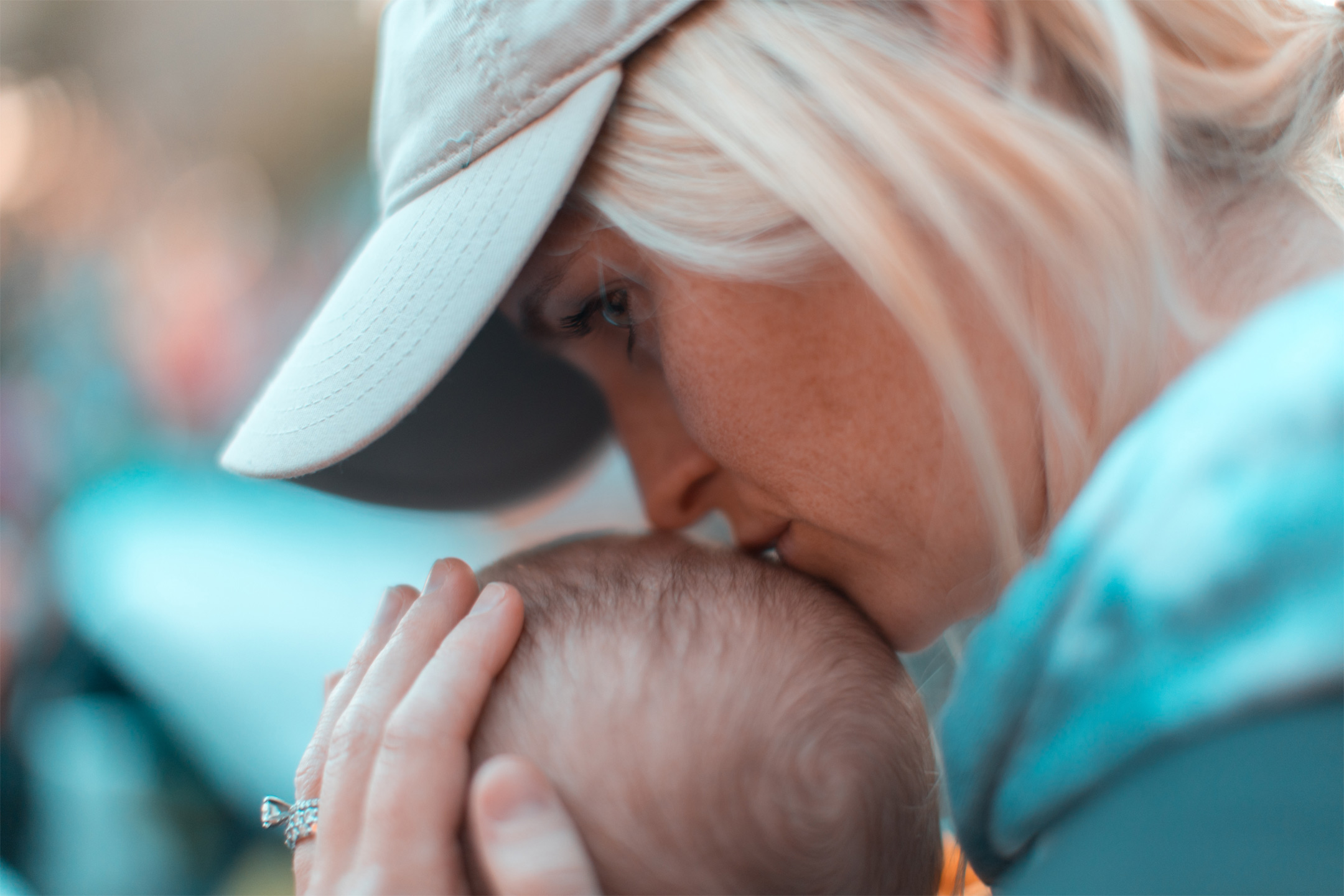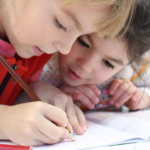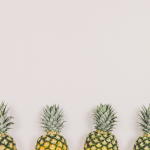
31 Mar I Had My First Child At 40
After giving birth to my first child just 10 days shy of my 40th birthday, it struck me how much times had changed.
Growing Up
As a teenager and young adult growing up in the 1980s and 1990s, I read countless articles in newspapers and magazines and heard stories about the negative issues and dangers associated with women over the age of 35 having children. These included birth defects, complications (for mother and baby), viability of embryos and general prenatal and postnatal outcomes.
During My Pregnancy
When I attended midwife appointments during my pregnancy, I expected my age and the potential consequences for me and my child would be discussed. But this didn’t happen. In fact, after my daughter was born, I was surprised at the number of women I met in their late thirties and early forties who had just had their first baby, and how well these women and their children were – there was even talk of second or third babies. What would have been considered unusual 20 to 30 years ago was no longer a topic of discussion.
Having reached what I believed was already a fairly major milestone by giving birth at 40 (with a natural conception and delivery), I faced the decision about whether or not to have more.
Future Plans
I have no intention of having another child, being perfectly happy with my gorgeous ‘miracle’. While I completely adore my daughter, the thought of more sleepless nights, breastfeeding every three to four hours, hormonal changes and weight gain (which I still can’t shift), not to mention the exhaustion of coping with another newborn/infant/toddler/child full-time, fills me with absolute horror. Yet this is a question I am asked regularly, often by complete strangers. When I tell them, “No, I am not having any more children,” I receive looks of shock, confusion and even pity.
As an older mother, with my husband an older father, we often feel alienated from friends.
They are either childless or have primary-school-age children, and who are unavailable or not able to help out with babysitting.
My husband’s family lives overseas, and my family is very small. As well, my husband has an acquired brain injury, and although he is fairly high-functioning, it has an impact on our life, including our energy levels, coping skills and access to resources.
Why Is This Still an Issue?
As a woman living in the 21st Century, I am surprised and a little disappointed that ideas and attitudes surrounding a woman’s ability to reproduce according to the trends of the day still exist. Why can’t we as a society simply be happy with what we have, and encourage and nurture women’s choices rather than resorting to judgement and condemnation, which are often based on a perceived societal norm rather than anything sensible or thoughtful.
As a mature-aged mother, I feel I have more life experience and flexibility in my thinking.
I have travelled and am relatively financially secure. However, I also understand the pressures and issues associated with raising a young family, having worked as a youth and childcare worker for many years, and a nurse for 14 years. The question of having children is not just about biology. It’s about many other issues, often personal, but very relevant.
Words by Robyn Kefford



